The Operation
It was a sunny Sunday afternoon – you didn’t get many of those “up North” and there I was, stuck in a stuffy Victorian hospital ward with windows that barely yielded any ventilation. I was booked in for an operation to surgically remove nasal growths. Tomorrow would belong to pre-op nerves and post-op grogginess, but today, I yearned for freedom and, perhaps, pizza and beers. My friend, Sal, was my co-conspirator; now, I just needed a permission slip from the ward staff to escape until dusk.
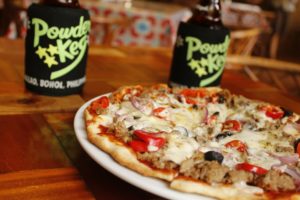 Two nurses and one doctor later, I’d secured a day release: one pizza, two beers max, and back by 9pm. I was first on the theatre list.
Two nurses and one doctor later, I’d secured a day release: one pizza, two beers max, and back by 9pm. I was first on the theatre list.
The next morning, I was bumped off the top spot. My blood results, taken at my pre-op outpatients appointment, were too old. The nurses needed to take my blood and get the results rushed back from the lab before my operation.
Being relegated to last on the theatre list meant I saw patients being wheeled back onto the ward. Panic set in as I observed their bloodied post-op dressings – their noses totally obscured by horizontal masks that resembled the old style Dr White sanitary towels, except the loops were over their ears.
“I’ve changed my mind,” I told the nurses. “I don’t want the operation. I can live with blocked nostrils,” I pleaded. Of course, they didn’t acquiesce.
Naturally, after the operation, I was groggy from the anaesthetic. I couldn’t breathe. Both nostrils were packed with gauze, and I had the same ‘sanitary towel’ underneath my nose, hooked behind my ears, holding everything in place. My throat was dry and sore from being intubated and my request for a drink was met with an offer to suck on an ice cube! I wasn’t impressed.
Before being discharged, a nurse came to unpack my nose. She injected me with morphine and before it had time to take effect, she began pulling a never-ending stream of ribbon from my nostril. I protested. It felt like she was pulling my brains out! She didn’t stop, as she was convinced I couldn’t feel anything. I pictured Arnold Schwarzenegger in Total Recall inserting a contraption up his nostril to extract the bulbous bug implanted in his head. I knew how he felt.
I left hospital with instructions to avoid sneezing or blowing my nose for ten days, to give the wound sites time to heal. I did not want my nose packed again; regardless of what I was doing, I vowed to stop each and every sneeze in its tracks!
The pre-op consultation
I’d experienced difficulty breathing through my nose for some time; it always seemed blocked. My GP examined my nostrils, diagnosed nasal polyps and referred me to the Ear, Nose and Throat (ENT) department at the local hospital.
The ENT consultant at my outpatients appointment, examined my nasal growths: “they’re big ones!” he exclaimed. They weren’t polyps, in his opinion (he didn’t state what they actually were). My opinion was that he was being linguistically lazy. My mates were more articulate than that, and they were labourers. Why he thought it appropriate to speak to me in that manner, is beyond me; or perhaps he was dumbing down?
He ruled out cauterisation as a treatment, as he opined that they’d likely grow back. He proposed surgical removal and sent me down to phlebotomy to get my blood tests done in advance of the surgery, before I left the hospital.
What Caused my nasal growths?
I realised one day that I always seemed to have a cold, but when I really thought about it, I had none of the accompanying symptoms, just a blocked nose. It was time to get it “checked out”.
Post-surgery, I wondered how the growths had developed; the only thing I could think of was I’d snorted speed. I’d only done it the once, but maybe that’s all it took to mess up your nose? I was in my twenties, the acid house raves had died down, but we weren’t ready to quit the party drugs, just yet. So, me and my mates would swallow whizz bombs (amphetamine wrapped in Rizla paper), “go halves on an E” or “drop a [LSD] tab” and then go out to party.
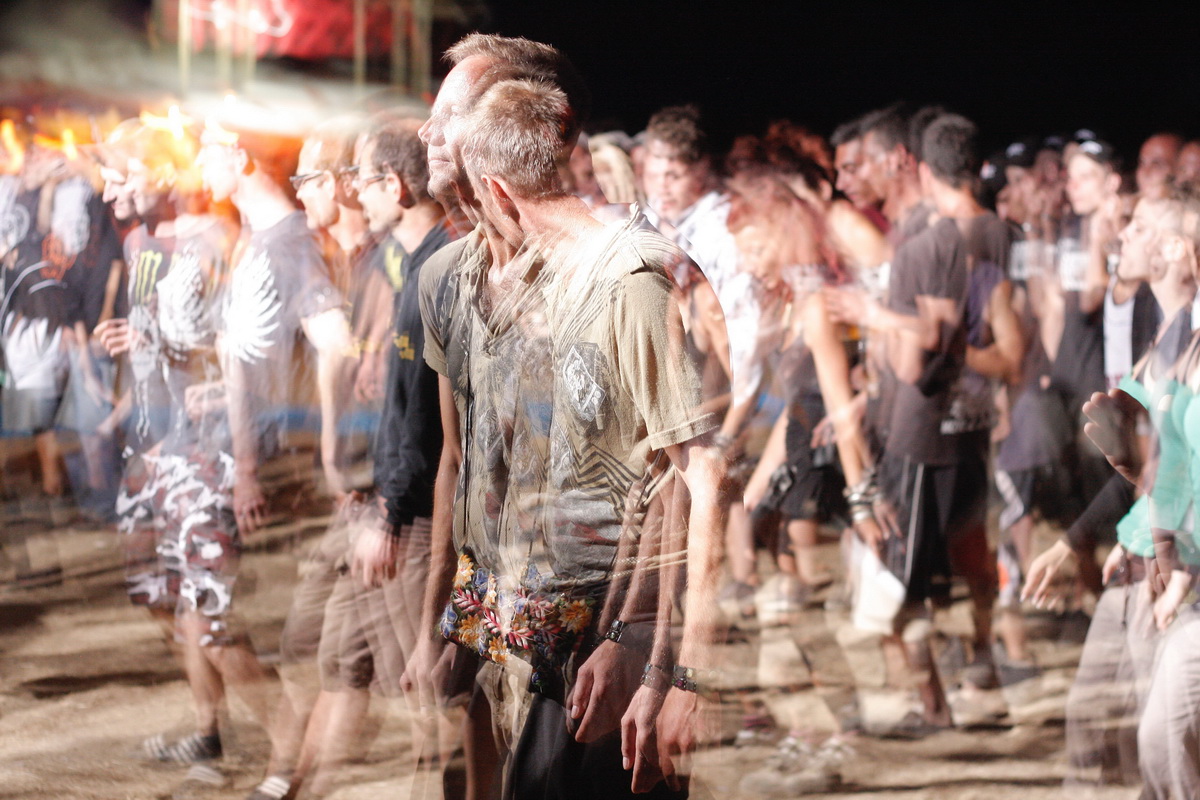
“Youth is wasted on the young” George Bernard Shaw
Given that as a young child, I was sensitive to the harsh chemicals in beauty products, detergents, and non-precious metals against my skin gave me contact dermatitis, ingesting drugs that were probably cut with talc and rat poison wasn’t that smart.
But, did snorting amphetamine really cause tissue to grow and obscure my nasal passages?
A META-Health Analysis
 We use all of our available senses to check out our environment. The olfactory sense – our sense of smell – enables us to sniff out situations, people and environments. Dogs illustrate it beautifully when they sniff each other’s butts upon meeting, to determine if the other is friend or foe.
We use all of our available senses to check out our environment. The olfactory sense – our sense of smell – enables us to sniff out situations, people and environments. Dogs illustrate it beautifully when they sniff each other’s butts upon meeting, to determine if the other is friend or foe.
There was a stinking situation that began early on in my life; it concerned my existence and affected who I could depend on for survival. It wasn’t safe for me to inhale my environment and therefore, biologically, the cells in my nasal cavity grew to obscure both my left and right nostrils.
Here’s what it was:
My mother had an affair, which she lied about for 34 years. From a young age, she painted her ex-husband, the man I called “Dad”, as someone who beat her. She warned me that I’d hear rumours that she’d had an affair, but it wasn’t true. Instead, she would get dressed up and go to the sewing club or visit her friend.
My father disowned me: I overheard my Dad, who would babysit me on a Saturday while my mother worked, state that he would pay maintenance money for my siblings, but did not want to pay for me, because I might not be his child.
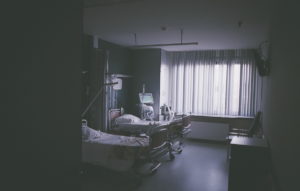 I didn’t get to say “Goodbye”: He died when I was 12, quite suddenly and despite repeatedly asking my mother to let me visit him, she kept postponing when I could see him. While other family members and a couple of friends were allowed to gather round his bedside in the hour before his death, my mother, who’d sent me to sleep at a friend’s house, rang me to break the news. But I already knew. My 12-year-old mind wondered if she spared a decent man from having to face her bastard child on his deathbed?
I didn’t get to say “Goodbye”: He died when I was 12, quite suddenly and despite repeatedly asking my mother to let me visit him, she kept postponing when I could see him. While other family members and a couple of friends were allowed to gather round his bedside in the hour before his death, my mother, who’d sent me to sleep at a friend’s house, rang me to break the news. But I already knew. My 12-year-old mind wondered if she spared a decent man from having to face her bastard child on his deathbed?
My grandmother disowned me: My mother took me on my first visit to Jamaica a couple of months after we’d buried my Dad. She took me to meet his mum. I listened to my paternal grandmother as she spoke lovingly about my siblings, then she looked directly at me and said I wasn’t her son’s daughter. I asked my mother why this woman I’d never met before hated me. My mother’s response was that she was a bitter old woman.
She separated me from my siblings and the life I knew: When we came back from our holiday in Jamaica, the following month, my mother kicked my 17 year old sister out and took me, against my will, down to Birmingham to start a new life with her boyfriend. Despite having 5 siblings, I suddenly became an only child.
My mother would often say, in jest, that I was a mistake. She had conceived me despite undergoing tubal ligation surgery, and had considered aborting me.
She planned to abandon me: Growing up, my mother reminded me of her plans to return to Jamaica when I was 16 years old; leaving me in England to finish off my education. Over the years, she became bored with motherhood and decided she would get my eldest sister to relocate her life and children to come and look after me, leaving my mother free to nurse in Saudi Arabia or America.
Living with Dad wasn’t an option for me: Unlike my siblings, I couldn’t go to live at Dad’s house when mother kicked them at 18 or younger, because he was dead and, even if he was still alive, I think when he looked at me, he saw my mother’s affair, and it hurt him. I doubt that he would have wanted to permanently share his space with me.
After uprooting me, she kicked me out when I was 14 – I’d dared to streak my hair with ginger highlights. I managed to hide it for months, until one evening, she walked into my bedroom, without knocking, leaving me no time to reach for a hat.
She demanded I cut off all my hair. It didn’t matter that it took two years to grow my hair to shoulder length. I was given an ultimatum: 7 days to shave my hair off or leave her house. So I left!
I returned after a month, only to experience homelessness again when I was 15.
But continued to claim my child maintenance benefit: despite throwing me out of her house, my mother kept the money herself. I threatened to report her to the government for fraudulently claiming on my behalf. She replied that she needed My payments as her “spendy” money on her forthcoming trip to America. But, she’d give it to me upon her return.
“Oh, that’s all right then; I only needed it to survive!” Well, actually, I had a job that paid well, so, thankfully,at 14, I didn’t have to rely on her.
I’d also planned ahead and got a spare key cut, so that I could sneak back ‘home’ when she was away on holiday, instead of sofa surfing. The neighbours would tell her that I’d been back, but it’d be too late by then.
She didn’t want me back She finally allowed me to return home again, not because she wanted me back, but because, in her words, she couldn’t have a child of hers living on the streets. A part of me thought the threat to report her was enough to make her relent.
She gave up on me: At her wit’s end, my mother took me to social services offices for a “this is your last chance or you’re going into foster care” meeting with a social worker – bitch! It didn’t take a genius to see that the trauma of being separated from my home town, family and friends was the reason I’d gone from excelling in a decent school, to being suspended from a school that was on its way out.
She played me for 17 years: When I was 17, I decided to meet the man who claimed I might be his biological daughter. For 17 years, I asked my mother to tell me the truth. She would ask me what I knew. I would reveal my cards and she would clam up, once more, stating that it wasn’t true and people were jealous.
A tv personality swayed her in ways I never could: Eventually, when I was 34, one of my sisters told me that my mother might be ready to tell me the truth. She’d been watching Dr Phil, who encouraged people to put their own needs aside for that of their children’s. On her next visit to the UK I asked her, as we drove out for a walk in the countryside.
For the first time ever, she admitted the affair and stated that she didn’t know which man was my father.
While her ex-lover was happy to do a DNA test, he demanded that it be done at his doctor’s surgery, so he could confront my mother. We’d already agreed to the tests being done separately – this was something that these two people owed me.
This question mark had hung over my identity for 34 years and he wanted to make it about some unfinished business with my mother. So, I told him to stick his paternity test where the sun doesn’t shine. None of us would know the truth. I ceased all contact with my mother’s ex-lover and to this day, I don’t know who my biological father is.
META-Meaning?
The uncertainty surrounding my father can be retriggered by strangers’ comments. I thought my need for information about my biological father was resolved – it didn’t matter whose sperm created me; in getting to know the man who thought he could be my biological father, I realised I had little in common with his family unit. I was definitely a ‘Mitchell’.
However, strangers who continue to make assumptions to this day that I am of African heritage, slowly chip away at the fragile foundations my identity was built upon.
I’m still exploring what is a meaningful solution for me. I’ve considered DNA testing but am wary of how private companies may use the DNA of people who purchase their testing kits. I trust that through meditation, in time, the right solution for me will become clear.
My bio-logical reaction
So, the stinking conflict was around a lack of stability, safety, security, money and identity growing up. It’s no surprise that my first two chakras – the root and sacral chakras – have always required work. I was thriving in my home town, excelling at school, but the focus switched to surviving, cannabis and alcohol once my mother moved me to an inner city. The men – my Dad and the ‘ex-lover’ didn’t want to pay for me, but were still in love with my mother. Her actions had deprived me of a father, a home and the feeling that I truly belonged within a family unit. People were nasty to me (my paternal grandmother) because of what my mother had done.
My growths resided in the upper nasal cavity. The cavity is lined with mucosa, which is made up of two layers:-
ectodermal tissue – relaying to the cerebral cortex
endodermal tissue – relaying to the brain stem
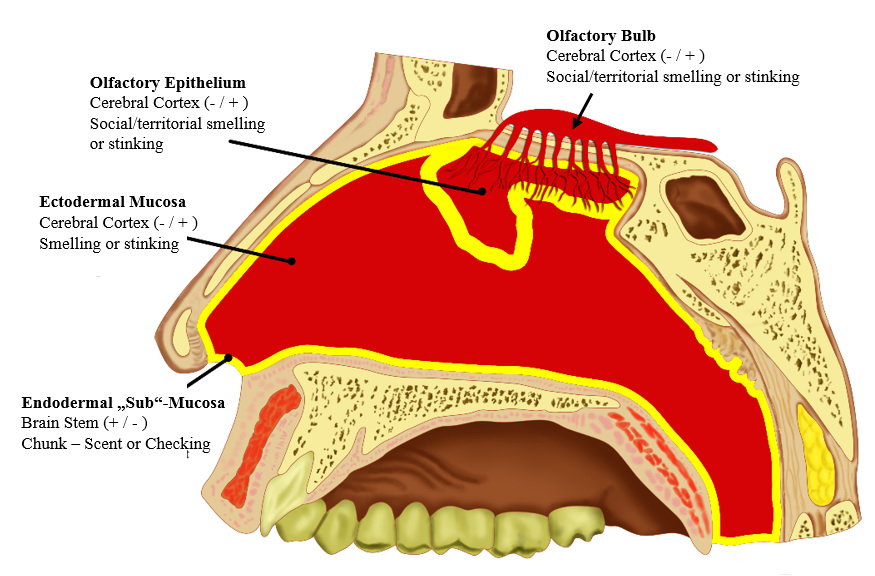
Nasal and Sinus Submucosa – cell proliferation, diagnosed as polyps, occurs in the stress phase of this brain stem relay. Breathing is impaired. What had triggered the growths in my case, was a ’searching conflict’ – a need to find out information. It occurred at a time when I reconnected with my mother’s ‘ex-lover’ to see if she was ready to confess to the affair.
It also concerned themes of survival, identity and determining where I belonged – which ‘tribe’ or family was mine?
Degradation of the polyps or tumour occur in the regeneration phase facilitated by the presence of bacteria/ mycobacteria. However, surgical removal of the growths didn’t end the biological conflict for me. In fact, over the years, the tissue has partially regrown and there’s visible inflammation of the nasal tissue. For the time being, this conflict is still ongoing.
pictures:
Young Woon Song via Pixabay
Photo by GoaShape on Unsplash
User Pezibear via Pixabay
Photo by Daan Stevens on Unsplash
META-Health International
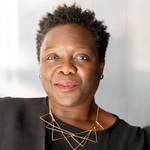
 META-Healthy Life articles are created by professionals and friends of META-Health International CIC, supporting individual and global health by deepening and sharing our understanding of how resilience and well-being are achieved.
META-Healthy Life articles are created by professionals and friends of META-Health International CIC, supporting individual and global health by deepening and sharing our understanding of how resilience and well-being are achieved.